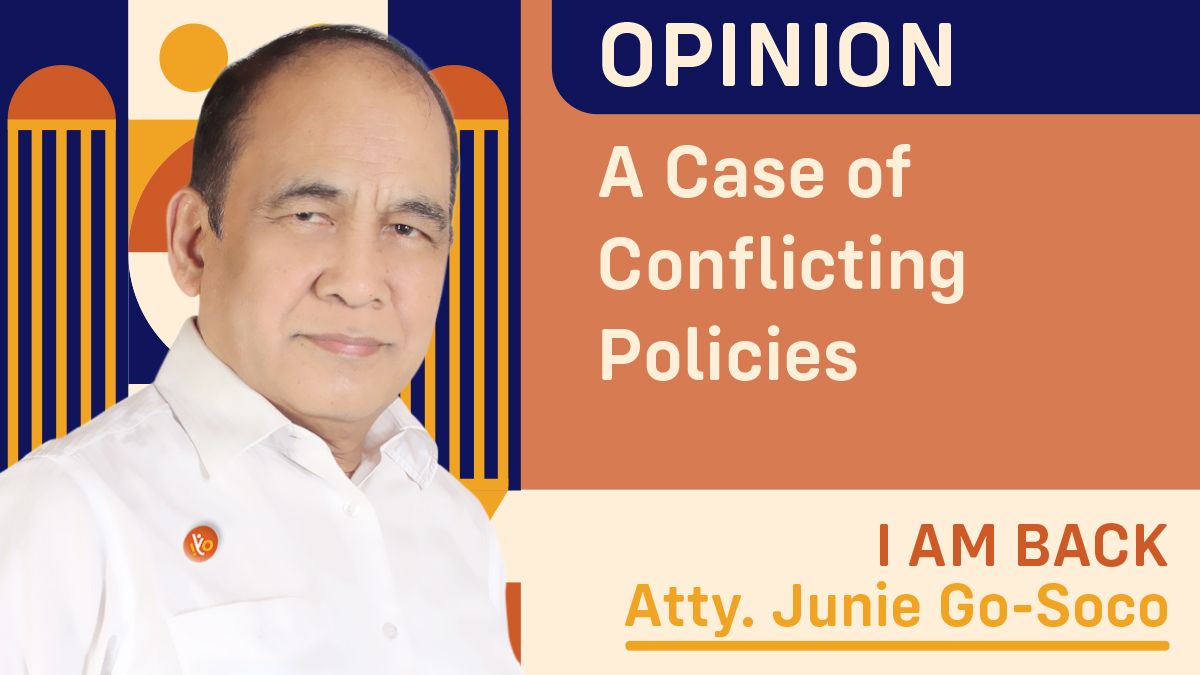In a recent issue this column took note of the 1,800 percent in BIR Zonal values, starting last January, representing an unprecedented increase. While it will increase the tax take, it is harmful to the economy as a whole because of its substantial inflationary and other negative effects.
The consumers will bear the brunt of a hefty increase in the prices of commodities. There will be a cost-push type of inflation. Producers will add the increase in the taxes they pay for real estate to their cost of production. For example, if a product costs 100 pesos and 3 percent of the cost of that product is attributable to the amount spent for real estate taxes, then the effect, if all other costs are constant, is an increase of that 3 pesos to 54 pesos, bringing the price of the product to 154 pesos, up from 100 pesos.
What will be alarming here is the increase in the price of agricultural commodities such as rice, which has become a yardstick of the performance of this administration. With this increase in taxes that owners of agricultural lands will pay, there will be no other way but a dramatically high rise in the price of rice. Even the benchmark of 30 pesos per kilo will be out of reach.
This would imply greater subsidies as the government tries to lower the cost of producing rice particularly in an election year. More subsidies mean more funds to be put up by the government to keep the price low. In this analysis, the amount derived from the increase in revenues from real estate taxes in rural rice-producing areas will go back indirectly to the people as subsidies to the agriculture sector. It is a zero-sum game. Nobody wins.
The other impact of the increase in Zonal Values is on its impact on new investments. Private investments is a big part of the total value of goods and services produced by the economy. It will most certainly go down since investing in agriculture has become hardly profitable. In addition, more farmers will be selling their farms because now they expect to sell their lots at prices 18 times higher than in the previous year. Question is: Will there be buyers when those lots have become 18 times more expensive?
The result of this trend is a slowdown in investments in agriculture. A slowdown like this is always accompanied by a decline in employment. Landowners will adopt more efficient production technologies, meaning less employment, to reduce cost and have enough money to pay the higher taxes.
So what does this situation result in? Although the pinch is only in real estate taxes, there is enough reason to argue, because of the dramatically high increase of 1,800 percent, the result will be an economic slowdown as shown by higher inflation, lower investments, higher unemployment and a substantial decline in value-added from the agriculture sector.
Overall, this 1,800 percent increase will cause more poverty. This is, for the most part, an anti-poor policy.
The national government should revise the BIR directive on this and make it more in line with other policies of the government such as lowering inflation and reducing the number of people who are categorized as poor.
This is clearly a case of conflicting policies that cause more harm than good.
#WeTakeAStand #OpinYon #OpinYonColumn #ColumnbyAttyJunieGoSoco #IAmBack
